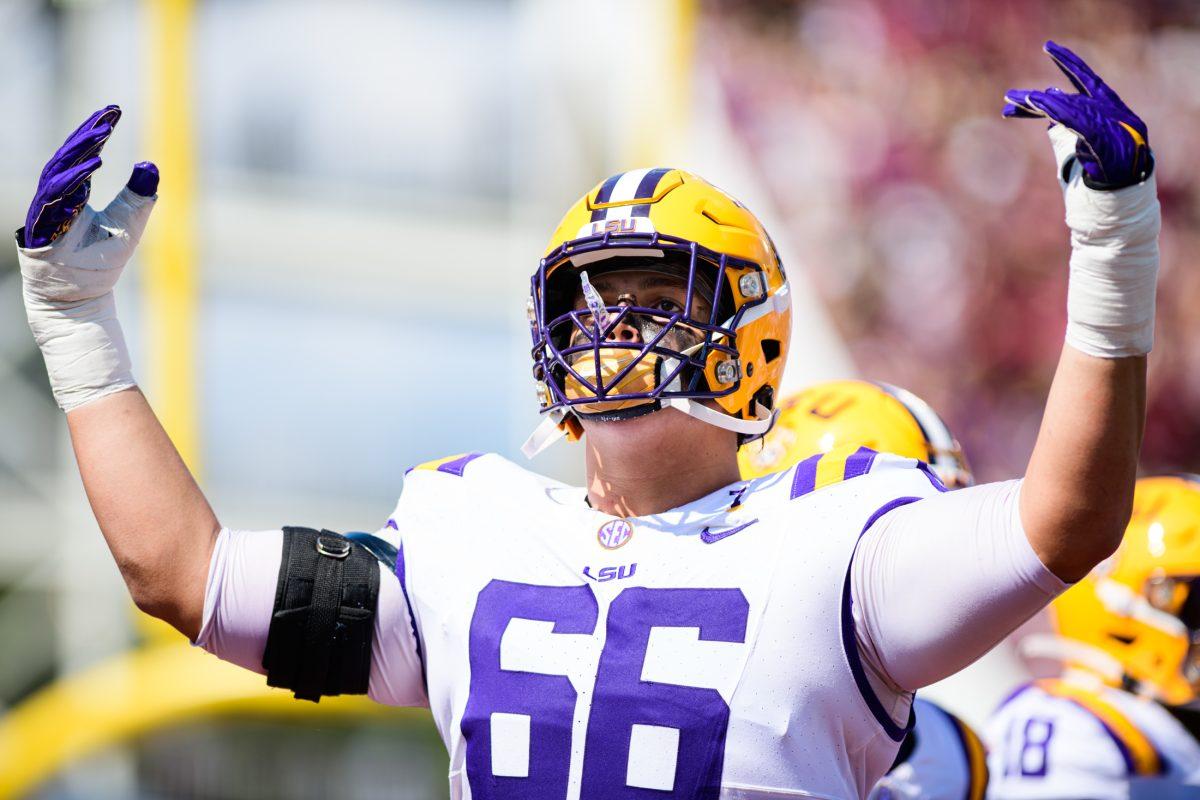Representatives from Campus Police, Transportation and Information Technology met with students on the Senate University Affairs Committee to discuss concerns and updates from each respective department.
Sam Averitt, vice provost for Information Technology, and Greg Sparks, director of communication technologies, discussed the ongoing problem of illegal downloading among students, and the Recording Industry Association of America’s crackdown on N.C. State students.
“We know that universities are being targeted,” Averitt said. “We know it’s a very highly political issue.”
According to Averitt, there is pressure in Congress to pass legislation, which is not in the best interest of higher education, such as paying for programs to decrease illegal downloading that will not produce results.
Sparks agreed.
“What we’re afraid will happen is we’ll spend all this money on legislation, and nothing will happen,” he said.
He said, students need to be aware illegal downloading can cost them $3,000 or more. Although students are aware of what illegal downloading entails, they are not always aware of the consequences and their likelihood.
According to Sparks, regardless of whether or not the RIAA unfairly targets universities, they will always be on the list.
“It’s going to take an educational effort to solve this issue,” he said.
Sparks said NCSU’s education on illegal downloading is one of the best, but other universities have harsher penalties.
He added the RIAA may have alterior motives for targeting the University, but nothing can be done to change.
According to Chief Tom Younce of Campus Police, last year, the FBI raided a student’s room after the student was caught downloading movies illegally, so the risks of doing so are serious.
Younce also discussed safety measures the University is taking after the VA Tech tragedy.
He said one measure the University is planning to implement by January is to install seven to 11 siren systems on campus, which he said will costs several hundred thousand dollars.
According to Younce, once students hear these sirens go off, they should check the Web site for updates rather than calling Campus Police or Raleigh Police, which would shut down their calling systems.
Another system Campus Police has in place is cell phone tracking, which costs $800 per month to operate and a couple of thousand dollars to install, Younce said.
He said Campus Police was going to approach Student Government to add a 10-cent increase to its fee for help with the payment, but the administration decided to pick up the charges.
Younce said another system the University has in place for students is the safety escort program. Even though the University pays $60,000 per year for the service, after conducting a survey of 2,151 respondents, only 12 percent of students said they use it.
Also according to the survey, Younce said seven percent of students said they were victims of crimes on campus. Thirty-eight percent of students said they supported a policy of wearing IDs at all times on campus before VA Tech and 48 percent after.
“Most of our crime is a result of awareness,” Younce said.
Slade McCalip, assistant director of Transportation, discussed safety with the Wolfline buses.
He said they will no longer be making right turns on red lights and have signs on the backs of the buses that say “Watch for Pedestrians.”
According to McCalip, First Transit is the new contractor for staffing the buses. In each bus driver’s contract, a requirement for the drivers to be more friendly was added.
McCalip said the buses moved into their bus yard Wednesday night on Chapel Hill Road, and the radios will become operable today.
Transportation is also conducting a study on Dan Allen Drive and its safety and is looking to better the night service buses, he said.
According to McCalip, Transportation is also looking into pursuing flex cars.






